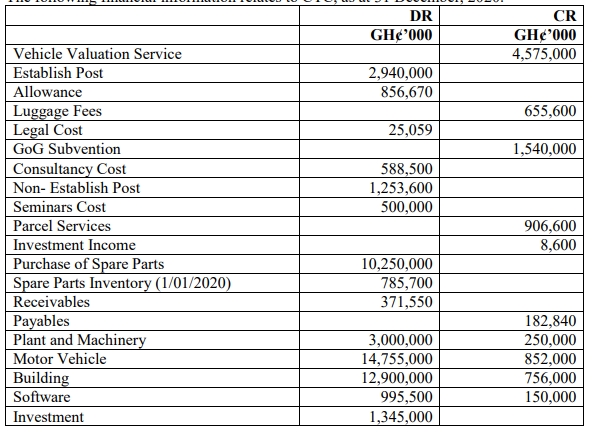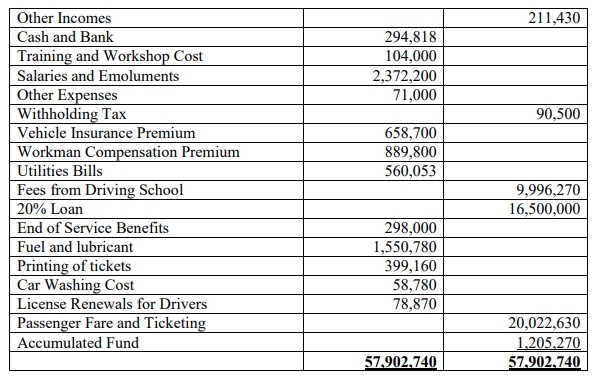- 20 Marks
PSAF – May 2022 – L2 – SA – Q3 – Government Revenue
Identify the powers and functions of state boards of internal revenue and other agencies in revenue generation.
Question
Revenue generation is an important role carried out by some agencies of government with a view to meeting the expenditure of government, required for taking care of the welfare of the citizens. Revenue Mobilisation, Allocation and Fiscal Commission Act 1989 specifically mentioned some powers and functions of the Commission.
Required:
a. Identify FOUR powers and responsibilities of State Board of Internal Revenue Service in Nigeria. (4 Marks)
b. Explain FOUR specific functions of the Department of Petroleum Resources (DPR). (4 Marks)
c. Highlight SIX powers entrusted to the Revenue Mobilisation, Allocation and Fiscal Commission. (6 Marks)
d. Explain THREE sources of revenue payable to the federation account in Nigeria. (6 Marks)
Find Related Questions by Tags, levels, etc.
- Tags: Fiscal Policy, Government Agencies, Petroleum Revenue, Revenue Generation, Taxation
- Level: Level 2
- Topic: Government Revenue
- Series: MAY 2022



